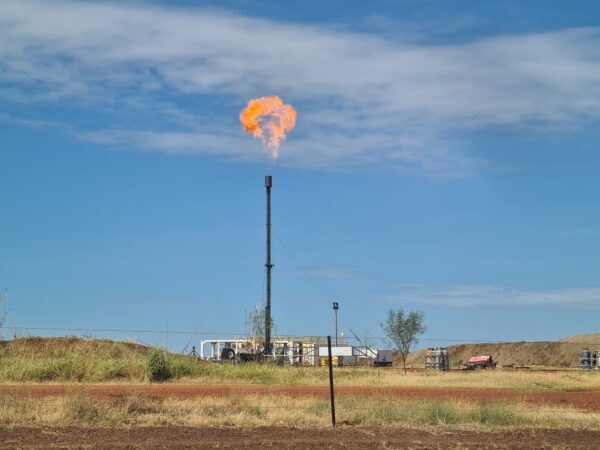Unabated: the Carbon Capture and Storage 86 billion tonne carbon bomb aimed at derailing a fossil phase-out

The climate talks at COP28 have centred around the need for a fossil fuel phase-out. But some are calling for this to be limited to ‘unabated’ fossil fuels. This would present two key risks:
- It creates the false impression that we can achieve our climate goals and maintain large-scale fossil fuel consumption enabled by carbon capture and storage (CCS). On the contrary, pathways that achieve the Paris Agreement’s 1.5°C limit in a sustainable manner show a near complete phase-out of fossil fuels by around 2050 and rely to a very limited degree, if at all, on fossil CCS.
- If the term ‘unabated’ is poorly defined, it could reopen a closing door on the large-scale use of fossil fuels. A weak definition of ‘abated’ – or even no definition at all – could allow poorly performing fossil CCS projects to be classed as abated. This could result in upstream and downstream emissions from fossil fuel production to go on unaddressed.
Our analysis quantifies the risk posed by restricting a phase-out commitment to only ‘unabated’ fossil fuels. Reliance on large-scale CCS, combined with an underperformance in CCS technologies, could lead to excess greenhouse gas emissions of 86 billion tonnes between 2020 and 2050. This would push the 1.5°C limit out of reach.
Whether ‘abated’ or not, fossil fuel supply and combustion needs to be phased out. The latest science shows that fossil fuel use needs to peak this decade and decline rapidly – by 40% this decade – on the way to a near-complete phase-out around 2050.











